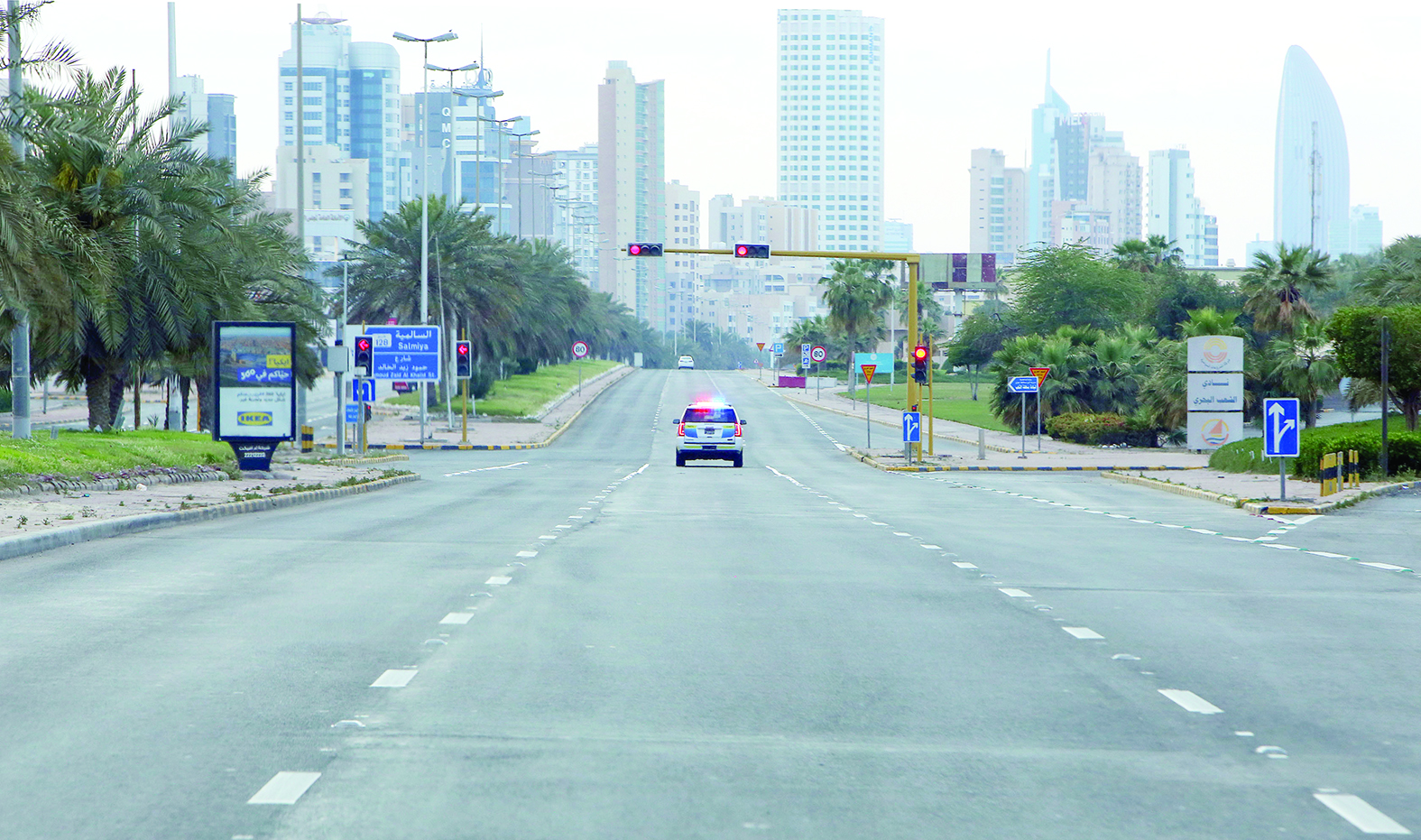
By Ben Garcia
KUWAIT: The suspension of public transportation is causing logistical and financial hardship for hundreds of thousands of low wage workers in Kuwait. On March 12, the government announced the suspension of all mass transit as part of the efforts instituted by the ministry of health to slow the spread of the deadly coronavirus (COVID-19).
"The bus system is vitally important for many people living in Kuwait. Total annual passengers on legally operated buses are estimated at close to 120 million. This figure represents approximately 122 trips per 1,000 persons per day," writes Jassim Al-Awadhi and Geoffrey Martin in a post on the London School of Economics blog.
The majority of passengers are low wage earning expatriates who are still required to work in private sector companies and businesses that have remained open. Now these people are scrambling, trying to find affordable transportation to work at a time when taxis have also raised fares and are more scarce on the streets.
A one way bus ride costs 250 fils whereas a taxi ride can run from KD 1 to KD 5 depending on distance between the pick up and drop off location. Some companies have arranged private transportation, sending buses to collect their staff. Others, however, leave the burden of reaching work on the employee.
"My work is in Kuwait City, I live in Salmiya so I have to pay 500 fils fare daily. Now I have to pay KD4 for my taxi back and forth," said Dave who works in an office. "This is not good for me since my company will not pay my taxi ride per day. Now for more than a week, I have been paying taxis as all staff are required to report to work every day.
My salary is probably only enough for transport. I have to pay house rent, and I have to send money to my kids back home. What will happen to me at the end of the month?" he explained. "I am just working for them, but I have no benefit now from my job at all. But I don't want to lose my job. That is why I am closing my eyes on the taxi fare," he said.
In some areas, there are illegal or temporary vehicles transporting passengers that allow passengers to ride on its van in exchange for a slightly smaller fare than what a taxi might charge. Some workers in Farwaniya and Jleeb Al-Shuyoukh share vans or private cars.
"In my place, there are vans or minibuses taking passengers, but they are being very careful since this practice is technically illegal," Dave said "It appears like a company service vehicle but in fact they are minibuses taking passengers."
A tea boy from Jleeb Al Shuyuokh also complained of the money he must pay to take private transport daily to his work. "I am a regular bus passenger and in order for me to come to work every day, I ride a taxi. But taxi fares are too much, and the company doesn't care," he said. "Most of my salary this month will go only for taxi fares. If they are not going to pay the amount I paid for my taxi, I will be broke certainly by next month," he added.
The average salary of an expatriate working in the private sector is KD 251 according to the Public Authority for Civil Information. Low wage earners like office boys or cleaners will earn considerably less, as low as KD 60 or KD 80 a month.
In some areas, to be able to cater to passengers, regular taxis are converting their cars into a bus type-scheme. "Rather than roaming around without passengers, I prefer to accept three passengers all going to one destination. Like from Kuwait City to Salmiya, I ask them to pay KD 2 per person. It is good rather than paying KD 2.5 or KD 3," a taxi driver said.











